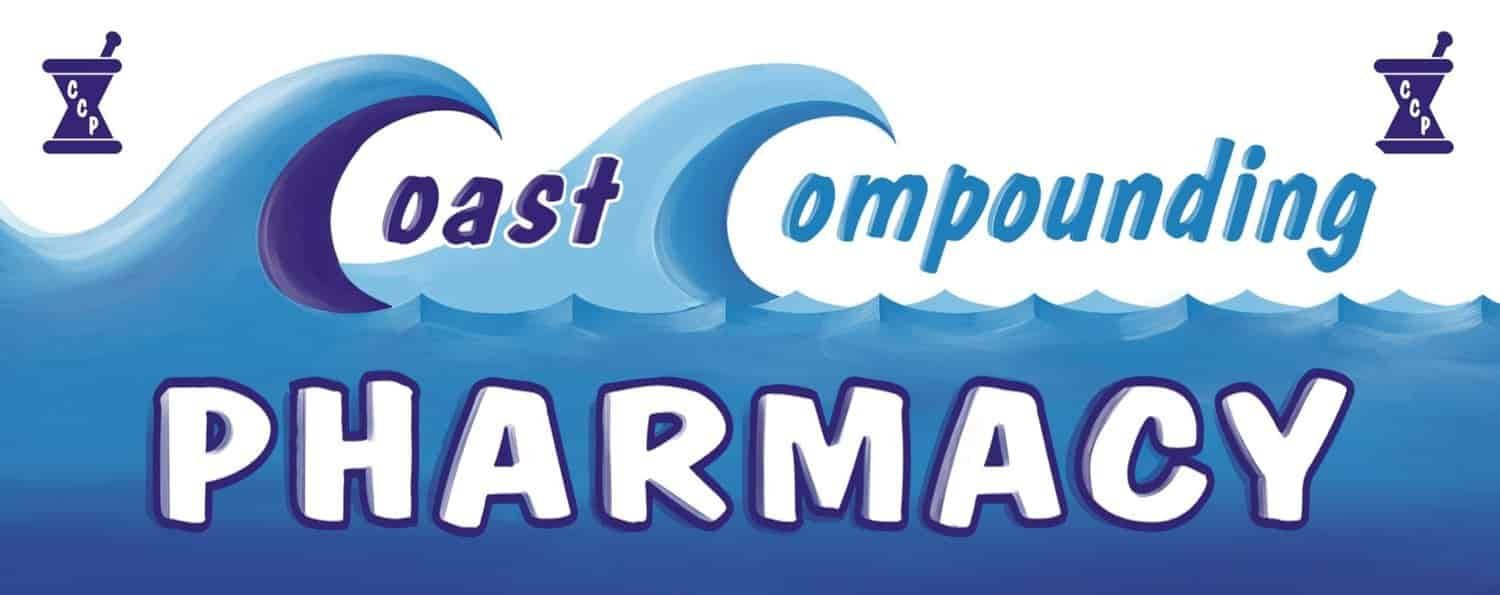Specialty pharmacies play a crucial role in managing complex medication therapies. They offer tailored solutions that cater to individual patient needs, ensuring optimal health outcomes. In this blog, we will explore how specialty pharmacies facilitate personalized medication.
Understanding Specialty Pharmacies
Specialty pharmacies differ from traditional pharmacies by focusing on complex, high-cost medications for chronic or rare conditions.
These pharmacies are essential for managing diseases that require specialized knowledge and treatment protocols. Patients with conditions such as cancer, multiple sclerosis, or rheumatoid arthritis benefit significantly from the expertise available at specialty pharmacies.
Moreover, specialty pharmacies often provide medications that are not typically carried by regular pharmacies. This ensures that patients have access to the latest and most effective treatments available on the market.
It’s important to understand that the role of specialty pharmacies extends beyond just dispensing medications; they are part of a broader health care ecosystem aimed at improving patient outcomes.
Tailored Medication Plans
These pharmacies create customized medication regimens based on individual patient assessments, ensuring the right dosage and treatment.
Tailored medication plans are developed through comprehensive evaluations that take into consideration a patient’s unique medical history, current health status, and lifestyle. This personalized approach ensures that each patient receives the optimal therapeutic regimen designed specifically for their needs.
An example of this is seen when a patient with multiple health conditions requires multiple medications. A specialty pharmacist works closely with the patient’s healthcare team to coordinate these therapies and avoid potential drug interactions.
Furthermore, personalized medication plans often incorporate ongoing monitoring and adjustments. This adaptability is crucial, especially for patients who may respond differently to various treatments over time.
Comprehensive Patient Support
Specialty pharmacies offer patient education, counseling, and 24⁄7 support, helping patients manage their conditions effectively.
Education plays a pivotal role in a patient’s journey with specialty medications. Specialty pharmacists take time to explain the medications, their potential side effects, and the importance of adherence to therapy. This knowledge empowers patients, enabling them to take an active role in their own health management.
In addition to education, many specialty pharmacies provide access to case managers who can guide patients through potential challenges, such as insurance issues or understanding treatment protocols. This holistic support system significantly enhances the patient experience.
Support does not end with medication pickup; with round-the-clock help available, patients can reach out at any hour with questions or concerns, fostering a sense of security in their treatment journey.
Streamlined Access to Medications
They facilitate insurance authorizations and provide home delivery options, making it easier for patients to access their medications.
One of the most significant barriers patients face is navigating the complexities of insurance coverage for specialty medications. Specialty pharmacies assist in alleviating this burden by working directly with insurance providers to secure the necessary authorizations, ensuring no lapse in treatment.
Moreover, for many patients, traveling to a pharmacy can be a substantial challenge. Home delivery services not only ensure timely access to medications but also provide peace of mind, especially for those with mobility issues or those undergoing intensive treatment regimens.
Such streamlined access means that patients can remain focused on managing their health rather than worrying about logistics, thus increasing overall adherence and satisfaction.
Collaborative Care Approach
Specialty pharmacies work closely with healthcare providers to ensure coordinated care and monitor treatment outcomes.
Through collaboration, specialty pharmacies create a communication bridge between patients and their healthcare teams. This synergy allows for the exchange of crucial health information, ensuring that every facet of patient care is unified and coherent.
For example, when a patient experiences an adverse reaction to a medication, timely communication between the specialty pharmacist and the healthcare provider can lead to prompt alterations in the treatment plan and prevent complications.
Moreover, specialty pharmacies often participate in patient outcomes research, contributing data that leads to better understanding and planning for future therapies. This research informs clinical practices and promotes the development of new treatment strategies tailored to patient needs.
Final Thoughts on Specialty Pharmacy Services
In summary, specialty pharmacies enhance patient care by offering personalized services that address individual medication needs. They not only ensure proper medication management but also provide support and education to empower patients in their health journey.

